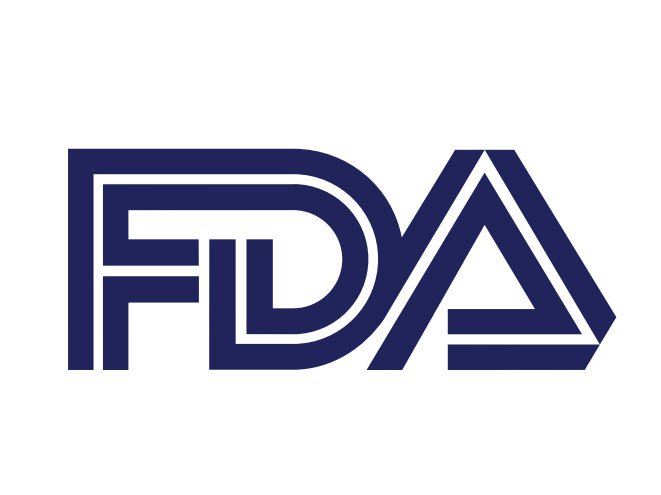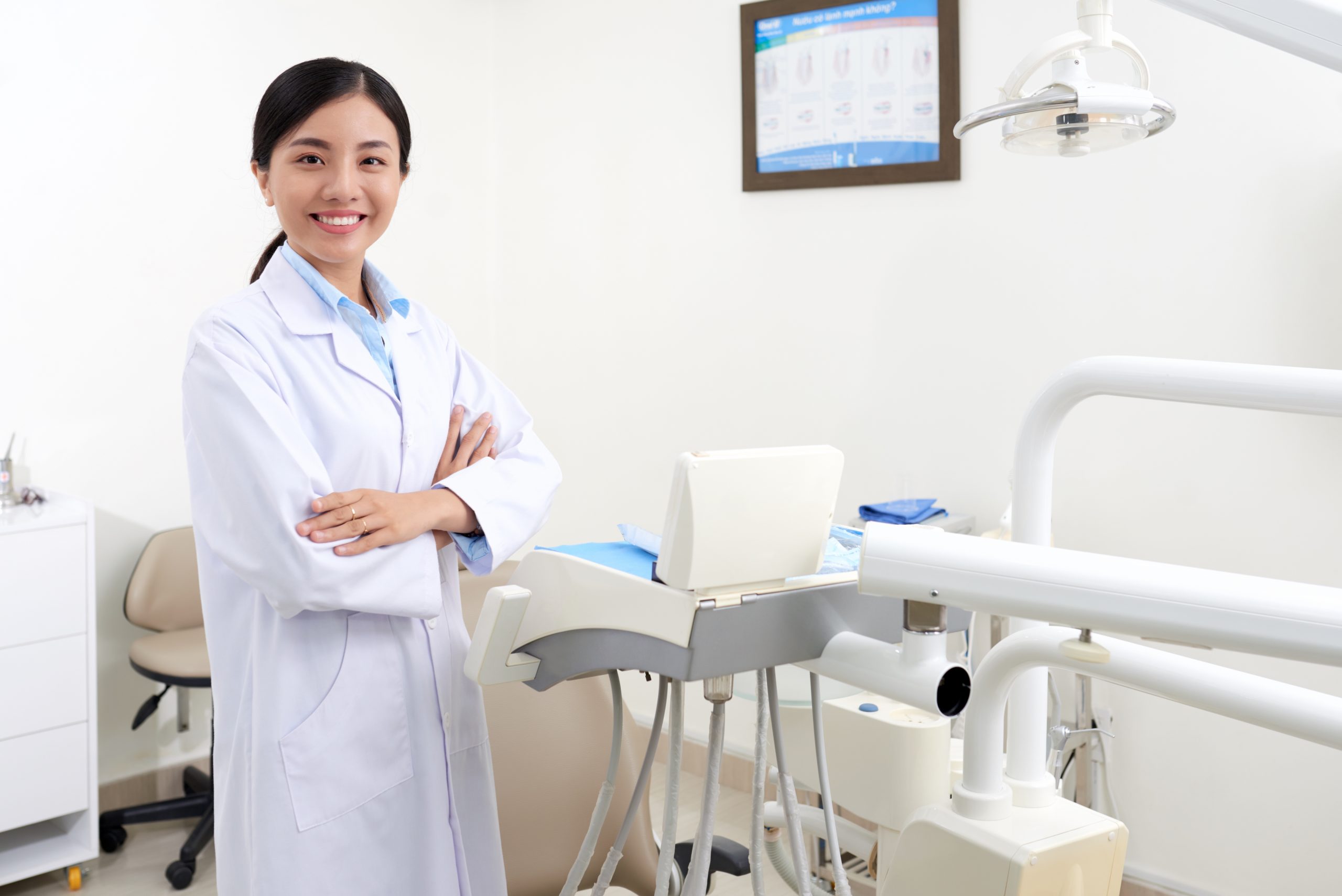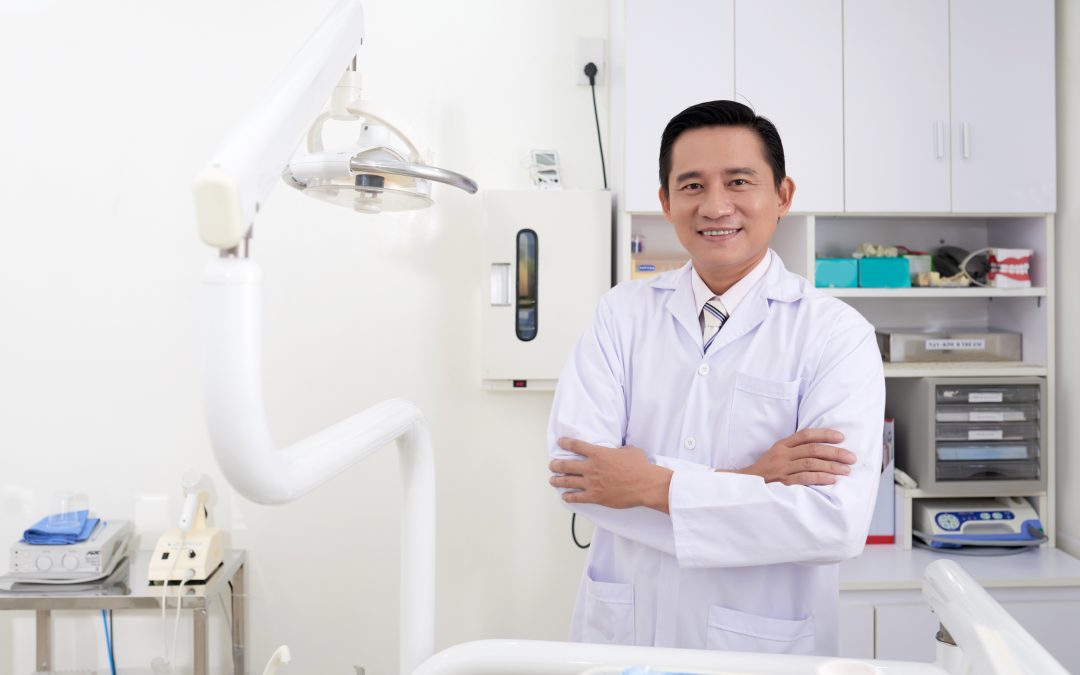The article provides additional details regarding the approach to be applied with respect to certain types of medical devices in terms of regulatory flexibility.

Table of Contents
Introduction
The Food and Drug Administration (FDA), a Philippines regulatory agency in the sphere of healthcare products, has published a guidance document dedicated to the regulatory flexibility for Class B, C, and D medical devices that are not included in the list of registrable medical devices based on FDA Circular No. 2020-001-A.
Regulatory Background
First of all, the document provides an overview of the legal framework specific to the matter. In particular, the authority refers to the FDA Circular (FC) No. 2021-002-A issued on August 9, 2021, whereby it is stated that:
- Application for Certificate of Medical Device Notification (CMDN) for Class B, C, and D medical devices that are not included in the list of registrable medical devices based on FC No. 2020-001-A shall be accepted until March 31, 2023;
- Receiving of application for CMDN for these medical devices shall cease starting April 1, 2023; and
- All manufacturers, traders, exporters, importers, and distributors of the said medical devices shall secure a Certificate of Medical Device Registration (CMDR) starting April 1, 2023.
Later in April 2022, a new circular has been issued, extending the dates until which the products covered by the scope of the aforementioned circular can still be manufactured, imported, exported, distributed, transferred, sold, or offered for sale without CMDN from April 1, 2023, to March 31, 2023. Starting from that date, any party conducting operations with medical devices outlined herein should have either the CMDN or at least an appropriate application pending.
At the same time, the authority acknowledges that the strict implementation of the approach described herein above could affect adversely the availability of medical devices on the market, resulting in disruptions in health services. Thus, the parties involved in operations with medical devices reasonably require additional time to achieve compliance with the chaining regulatory requirements in terms of medical device marketing approval.
Terms and Definitions
In order to assist the parties involved with the interpretation of the regulatory provisions, the authority provides definitions of the most important terms and concepts used in the context of medical devices covered by the scope of the present guidance. The terms defined in the guidance include inter alia, the following ones:
- Regulatory flexibility stands for the temporary lifting of the authorization (CMDN) requirement within the specified period for Class B, C, and D medical devices;
- Marketing authorization holder (MAH) refers to the medical device company, corporate or legal entity in whose name the CMDR or CMDN has been granted (as further explained by the authority, this could be a medical device manufacturer, exporter, or any other party involved in operations with medical devices).

Regulatory Guidelines
In accordance with the principles of regulatory flexibility, medical devices covered by the scope of the present guidance could be manufactured, imported, exported, distributed, transferred, sold, or offered for sale without CMD until 31 March 2024. At the same time, the appropriate establishment license should be in place. The respective applications for such devices will be accepted until the same date, so any party interested in conducting operations with medical devices covered by the scope f the present guidance should submit the appropriate application prior to the aforementioned date since beginning April 1, 2024, the manufacture, importation, exportation, distribution, transfer, selling or offering for sale of all Class B, C, and D medical devices covered under this Circular without CMDN/CDMR or with a pending application for CMDN/CMDR shall be prohibited. Furthermore, it is also stated that an application for CMDR should be submitted no later than 6 months before the expiration of CMDN. In such a case, an interested entity would still be allowed to conduct operations with the medical devices in question.
In accordance with the document, the changes introduced are limited to the final date when the new requirements would take effect, meaning that compliance should be achieved before that date. All other provisions and regulatory requirements remain intact.
In summary, the present document describes the approach to be applied by the regulatory agency with respect to certain Class B, C, and D medical devices in order to ensure and expand their availability on the market. The circular also establishes the dates when all the parties involved with operations with such devices should take the necessary steps to ensure continuous compliance with the respective requirements in order to be allowed to continue operations with these products.
How Can RegDesk Help?
RegDesk is an AI-powered Regulatory Information Management System (RIMS) designed to simplify global compliance for medical device companies. With regulatory intelligence covering 120+ markets, RegDesk helps you prepare and publish global submissions, manage standards, conduct impact assessments, and stay ahead of regulatory changes all from a single, centralized platform. Expanding into new markets has never been easier.

